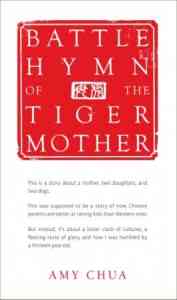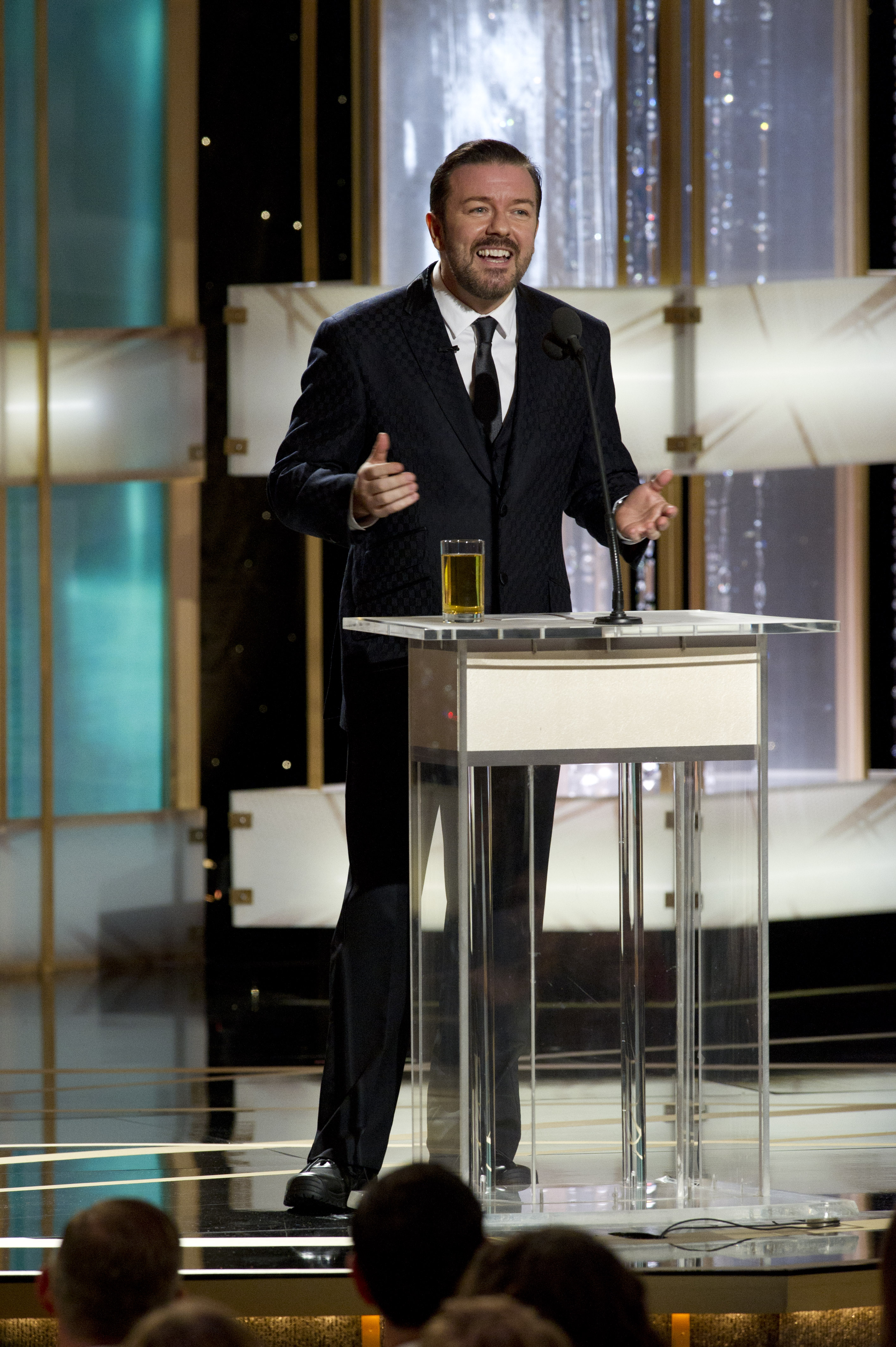 Have you read about the Tiger Mother yet? Everyone else has–and is talking about her–so I suggest you get reading. The mother’s name is Amy Chua, she is a professor at Yale Law School, and where I first heard about this suddenly-famous woman came from The Wall Street Journal, where they excerpted her brand new memoir, “Battle Hymn of the Tiger Mother” out with Penguin.
Have you read about the Tiger Mother yet? Everyone else has–and is talking about her–so I suggest you get reading. The mother’s name is Amy Chua, she is a professor at Yale Law School, and where I first heard about this suddenly-famous woman came from The Wall Street Journal, where they excerpted her brand new memoir, “Battle Hymn of the Tiger Mother” out with Penguin.
To give you an idea about why people are fascinated (albeit in a very train wreck-like way), I will quote a few lines from her WSJ piece, “Why Chinese Mothers Are Superior”:
“Once when I was young–maybe more than once–when I was extremely disrespectful to my mother, my father angrily called me “garbage” in our native Hokkien dialect. It worked really well. I felt terrible and deeply ashamed of what I had done. . . As an adult, I once did the same thing to [my daughter], calling her garbage in English when she acted extremely disrespectfully toward me. . . Chinese mothers can say to their daughters, “Hey fatty–lose some weight.” . . . Chinese parents can order their kids to get straight As. . . . Chinese parents can say, “You’re lazy. All your classmates are getting ahead of you.””
See what I mean? Chinese parents apparently can get away with a lot that Western parents can’t and, in addition to the above insults (which Chua claims do not effect self-esteem–at least not hers), apparently Chinese parents can also get away with punishing their children by burning all their stuffed animals when their piano practice is “imperfect.” Shocking, I know. There has been a firestorm of dialogue since the excerpt and now the book is out, garnering this (trying to be) measured response from parent expert Judith Warner yesterday in the New York Times Magazine, who helpfully summarizes Chua’s themes:
“”Tiger Mother” is the story of a woman who runs her daughters’ lives with an iron hand, breaking every rule of today’s right-thinking parenting (praise your kids, never compare them to one another, don’t threaten to burn all their stuffed animals if their piano practice is imperfect, don’t tell them they’re “garbage”), all in the guise of practicing Chinese parenting, which, in contrast to the flaccid, touchy-feely Western variety, stresses respect, self-discipline and, above all, results. Chua . . . pushes her children to get straight A’s, forces them to spend hours each day practicing piano and violin; they are not allowed to pursue loser activities like playing the drums, “which leads to drugs,” she says, in a typical turn of phrase that may or may or may not be facetious. She refuses them playdates and sleepovers and TV and video games, and she demands unstinting obedience and devotion to family, all of which leads, unsurprisingly, to no small amount of crying, screaming and general tension.”
Here, here (!) to a critique of permissive parenting, but do we need to supplant it with “iron-fist” parenting? Chua is apparently startled by the intense, outraged response to her WSJ piece and the initial memoir reviews, and has responded (backtracking a bit) on both the WSJ and in comments to The New York Times as well as a direct response on the parenting blog there as well.
More from Beliefnet and our partners


